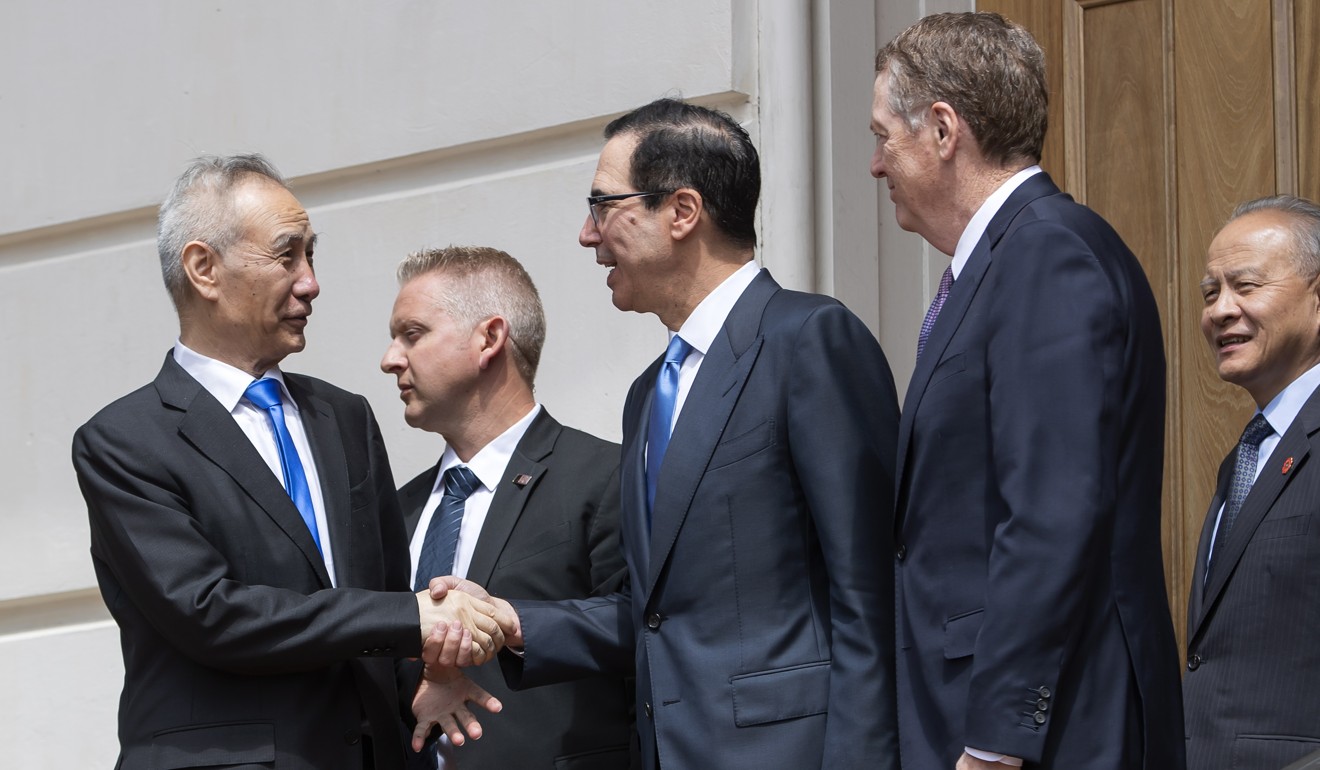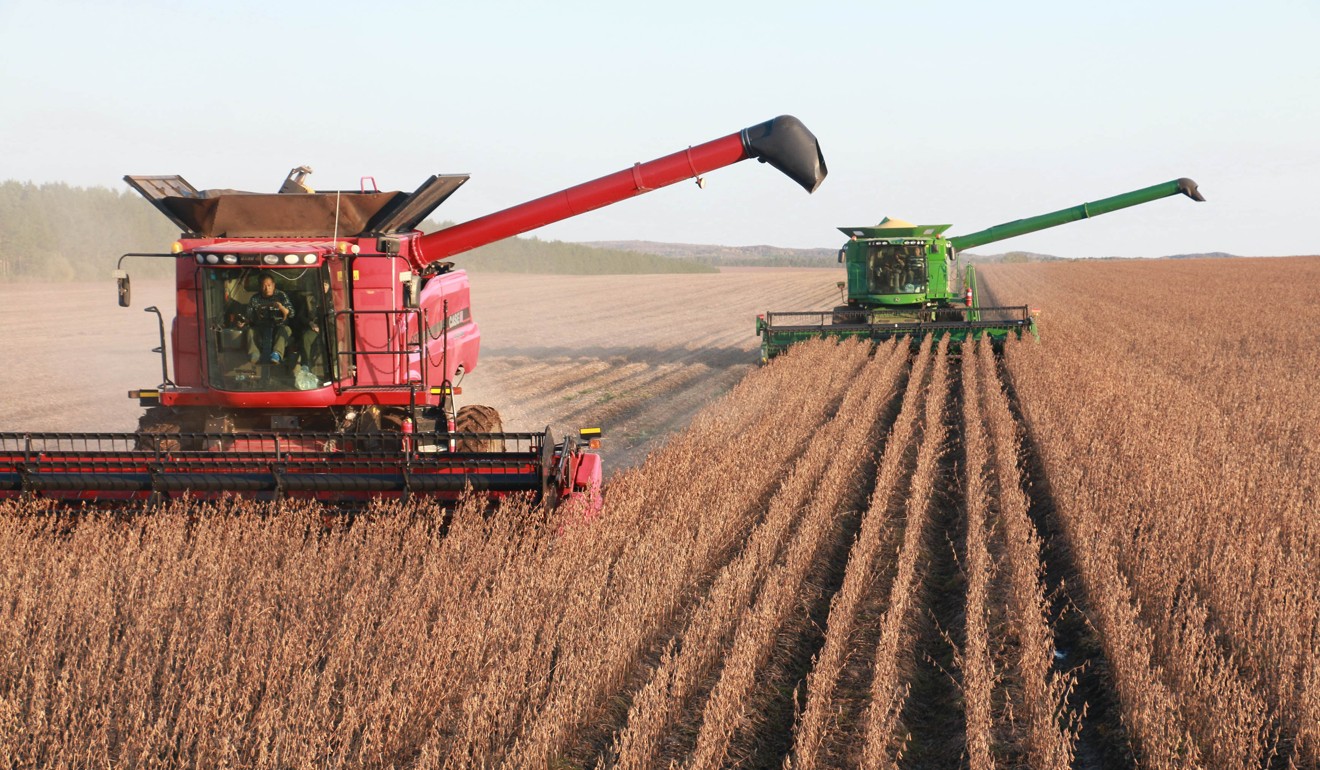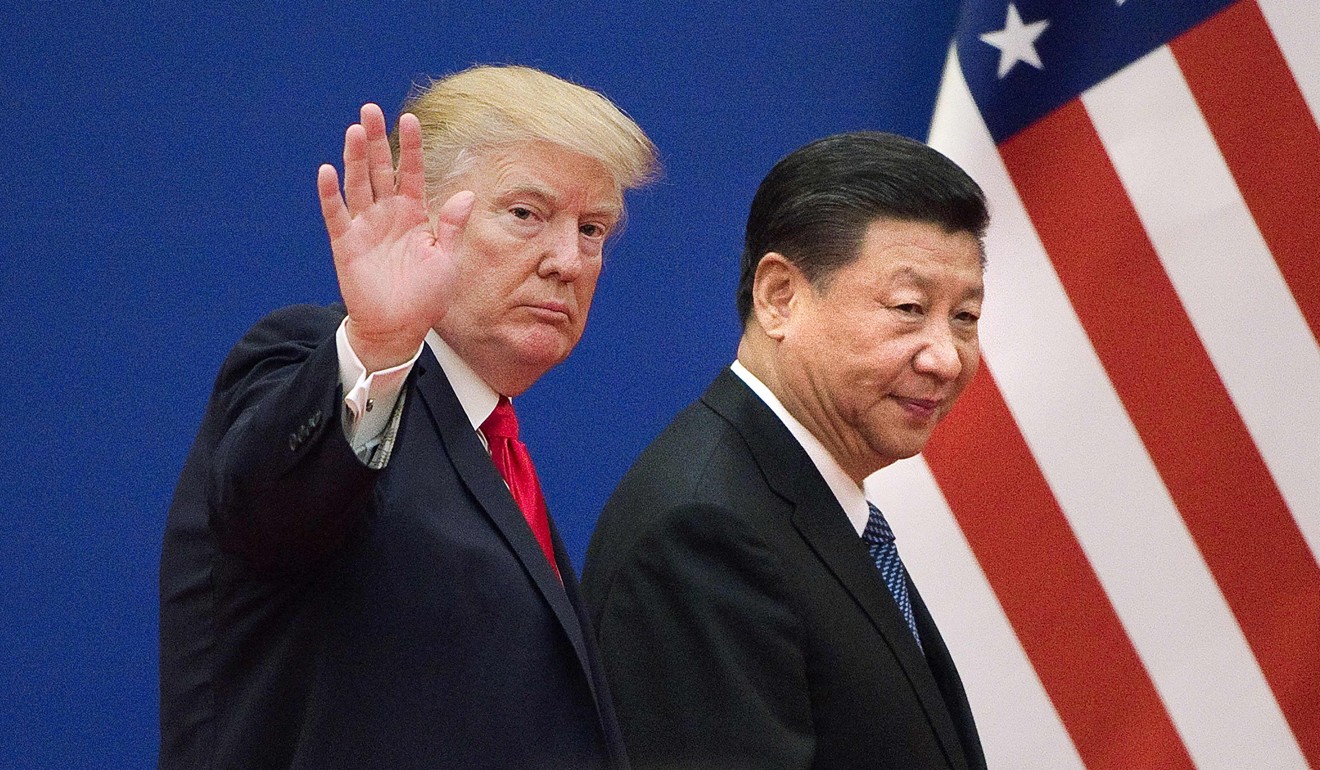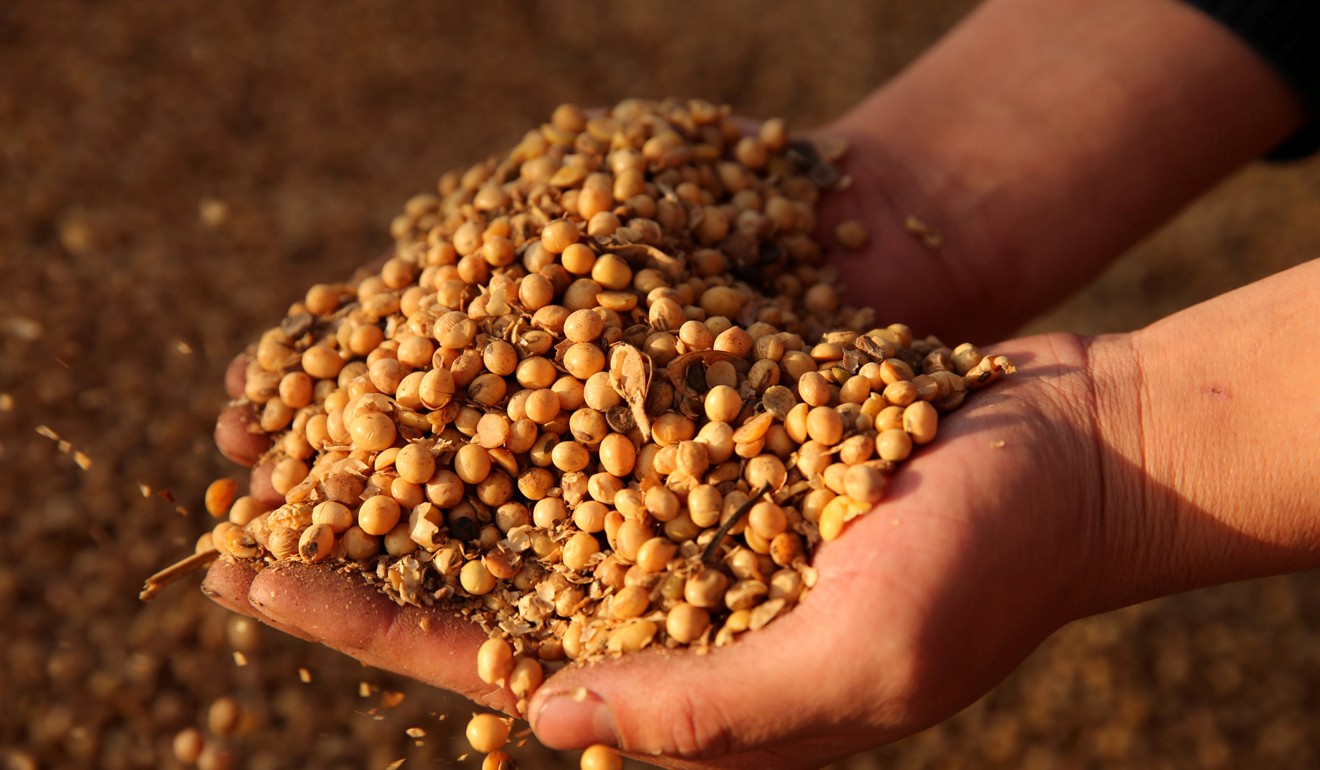Illustration: Kaliz Lee
On May 20, 2019, Keegan Elmer writes on South China Morning Post, Part One:
In the first of a series on the trade war, Keegan Elmer looks at why China is resisting US demands to cut back on agricultural subsidies.
For Han Yahui in the farming town of Ulanhot in Inner Mongolia, the opening of China’s soybean market to imports in the late 1990s was a harbinger of things to come.
“I witnessed how our industry [almost] collapsed because of cheap imports,” Han said.
Han runs a rural cooperative specialising in organic farming of wheat, soybean and rice on about 133 hectares (328 acres) in northeast China.
She is one of up to 200 million farmers in China who rely on government subsidies and other aid to buy new farm equipment and to produce strategic crops.
Han’s cooperative, for example, receives 300 yuan (US$43.50) in annual government subsidies for every mu – 666 square metres – of soybeans they plant.
“Government subsidies are very important to help cover our labour costs,” she said. “The subsidies make sure that we won’t lose money.
“I don’t want to see our farmers make nothing after a year of hard work.
“After all, farming is still a major source of income for people who live in rural China today.”
Fast forward and those subsidies are one of the US’ targets in its trade war with China as Washington puts pressure on Beijing to cut back support for the agricultural sector.


During the country’s transition into an industrial powerhouse and the world’s second-largest economy over the last few decades, China, like many industrialising countries, has gone from relying on taxing agricultural production for most of its revenue to increasingly subsidising farmers.
Today, China offers a variety of subsidies to the agricultural industry, including price supports, where the government steps in to buy certain crops, like corn and wheat, when their prices fall below a certain level.
Lower support would allow US farmers to export more crops to China.
Washington has been clear about its demands that Beijing end unfair subsidies to its farmers, and expand quotas to allow more imports of foreign farm products.

The US has won two key cases against China’s agricultural protections this year.
In February, a dispute settlement panel ruled that China’s support for Indica (long-grain) rice, Japonica (short- and medium-grain) rice, and wheat were above the levels allowed by its WTO commitments.
In April, the same panel found China’s tariff-rate quotas on rice, wheat and corn were also not in line with WTO rules.
Vetter said that while dropping these supports would cause some job losses in those agricultural sectors, China should be prepared to live up to WTO standards.
“They have made these commitments not only to us, but to other countries, a long time ago, and it’s something they should have been aware of and planned for its implications,” she said.

But Yan Hairong, professor of development studies at Hong Kong Polytechnic University, said the shift was largely symbolic.
“China has become greatly dependent on agricultural imports, and could not hope in the near future to replace dependence on US products without restructuring mass consumption,” Yan said.
While some protections remain high, China had been gradually removing many of its subsidies for major agricultural products. But the start of the trade war put some of these moves on hold.
“Every signal we had is that China was going to drop minimum purchase prices for wheat but it has now become a bargaining chip in the trade war,” said Even Pay, an agricultural analyst at the China Policy consulting group.
While Beijing and Washington are likely to reach a deal under which China would buy more US agricultural products and slowly come to terms on fewer state controls, China’s red lines on jobs and food security could still spoil future negotiations.
“They have this need to keep peace in the countryside and ensure rural areas are prosperous, but they also have a need for much greater efficiency in agriculture,” Vetter said. “It’s a kind of constant tension that agriculture authorities are trying to balance.”
This balance is all too personal to Zhu Lin, a cotton farmer in Korla, Xinjiang Uygur autonomous region.
Zhu worries constantly about how his crop will be affected by the weather and changes in global markets – including the months-long trade war between Beijing and Washington.
But for years, the one constant source of support for farmers, no matter what happened, has been government subsidies.
Today, Chinese farmers like Han and Zhu hope the Chinese government stands firm and does not give in to Washington’s demands.
“I have done this for more than 10 years,” Zhu said. “I won’t get rich for growing cotton but I won’t starve, either.
“When the year is bad, government subsidies are up and vice versa. The government will not let us starve but we won’t be rich, either.”
Additional reporting by Zhuang Pinghui and Mandy Zuo
The second part in this series will look at how China’s energy security needs affect its trade talks with the US


